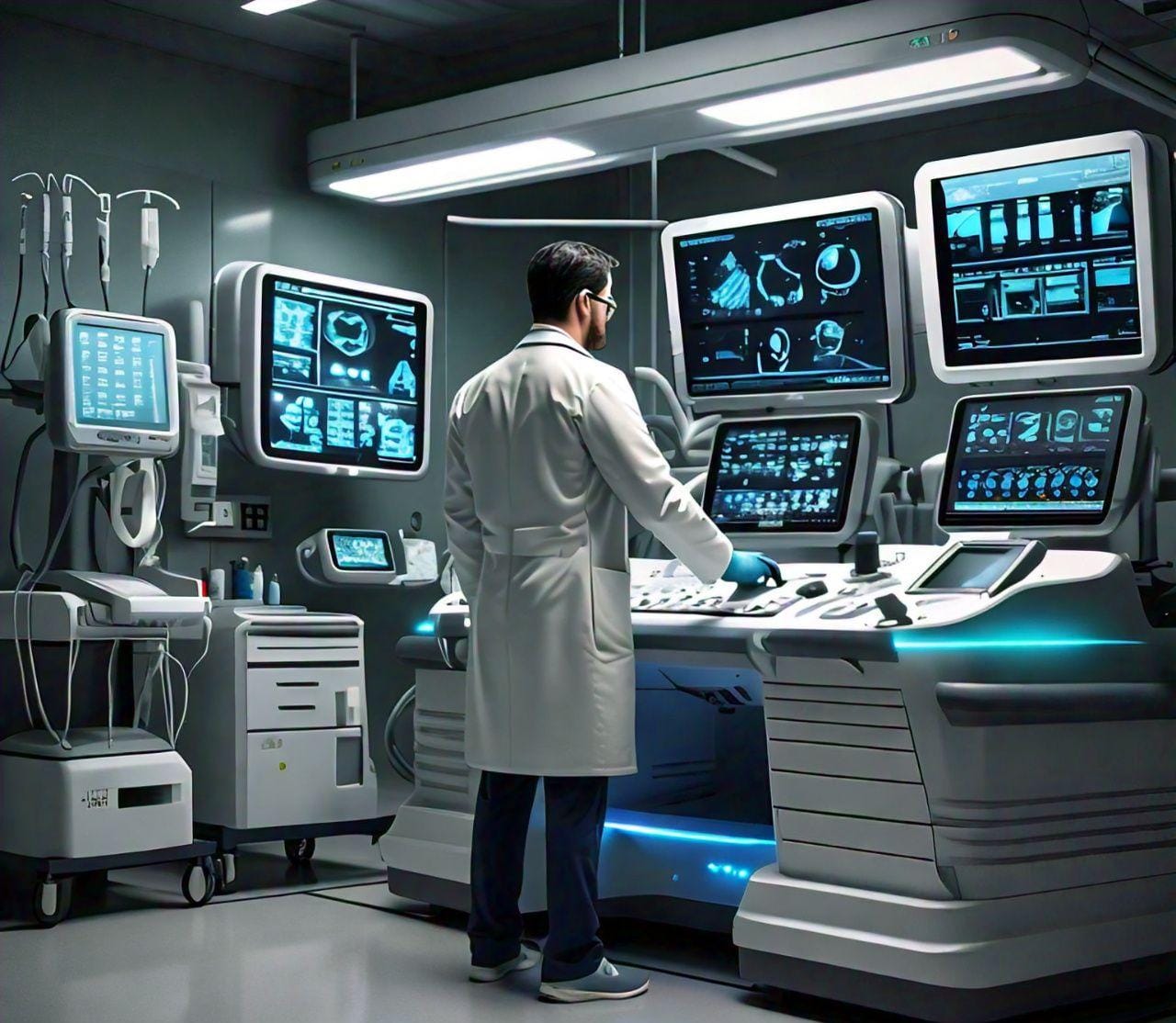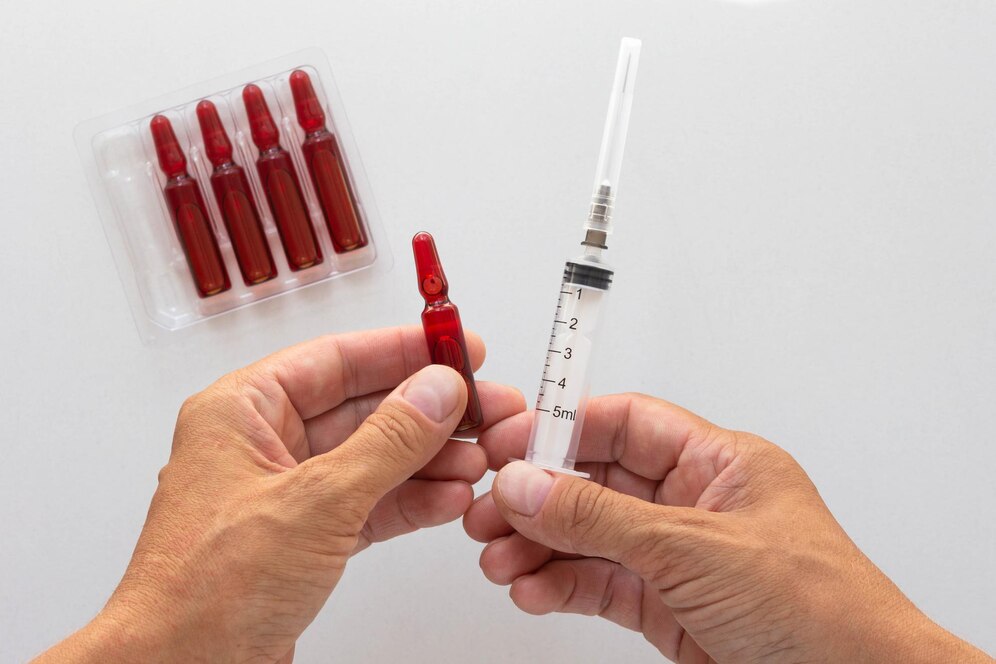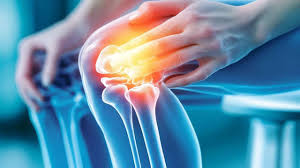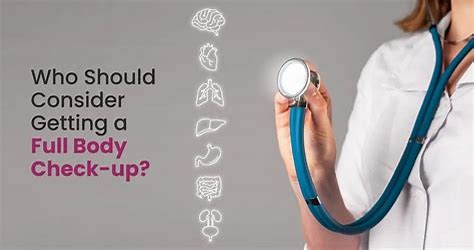Introduction
The rapid evolution of technology has significantly impacted various industries, and healthcare is no exception. With the rise of healthcare apps, medical services have become more accessible, efficient, and patient-centric. These applications serve a multitude of functions, from appointment scheduling to real-time health monitoring and virtual consultations. The global healthcare app market is growing at an unprecedented rate, driven by increasing smartphone penetration, improved internet connectivity, and the rising demand for convenient healthcare solutions. In this blog, we will explore the importance, benefits, types, and future of healthcare apps.
Importance of Healthcare Apps
Healthcare apps are revolutionizing the medical industry by bridging the gap between patients and healthcare providers. Traditional healthcare systems often involve long wait times, paperwork, and limited accessibility to specialists. However, mobile health (mHealth) applications streamline these processes, ensuring timely medical assistance. Here are some key reasons why healthcare apps are gaining prominence:
- Enhanced Accessibility: Patients can connect with doctors, schedule appointments, and receive medical guidance from the comfort of their homes.
- Efficient Data Management: Digital records help reduce paperwork and improve data security.
- Remote Patient Monitoring: Wearable devices and mobile apps allow healthcare providers to monitor patients’ health metrics in real time.
- Cost Savings: Virtual consultations and online prescriptions reduce the cost of hospital visits.
- Better Health Awareness: Users can track their fitness, diet, and medication adherence through self-care apps.
Types of Healthcare Apps
Healthcare apps cater to different aspects of medical services, benefiting both patients and healthcare professionals. Below are some major categories:
1. Telemedicine Apps
- These apps facilitate remote consultations, allowing patients to communicate with doctors through video calls or chat.
- Examples: Teladoc Health, MDLIVE, Doctor on Demand
2. Medication Reminder Apps
- Help users keep track of their medication schedules to ensure they take the correct dosage at the right time.
- Examples: Medisafe, Pill Reminder – Med Tracker
3. Fitness & Wellness Apps
- Focus on general health improvement by tracking steps, diet, and workouts.
- Examples: MyFitnessPal, Fitbit, Google Fit
4. Chronic Disease Management Apps
- Assist patients in managing conditions such as diabetes, hypertension, and heart disease by tracking vital signs and offering lifestyle recommendations.
- Examples: Glucose Buddy, Blood Pressure Monitor
5. Mental Health Apps
- Provide support for mental well-being through meditation, stress management, and therapy sessions.
- Examples: Headspace, BetterHelp, Calm
6. Emergency Health Apps
- Help users access immediate medical assistance or emergency services.
- Examples: First Aid by American Red Cross, ICE Medical Standard
7. Women’s Health Apps
- Support menstrual cycle tracking, pregnancy monitoring, and reproductive health guidance.
- Examples: Flo, Clue, Ovia Pregnancy Tracker
Benefits of Healthcare Apps
1. Convenience and Accessibility
Healthcare apps eliminate the need for physical visits by offering virtual consultations, medical history tracking, and digital prescriptions.
2. Improved Patient Engagement
Patients can actively participate in their healthcare journey by using apps to monitor their health, track symptoms, and communicate with doctors.
3. Reduced Healthcare Costs
By minimizing hospital visits, healthcare apps help save both patients and healthcare providers significant amounts of money.
4. Faster Diagnoses and Treatments
With real-time tracking and instant communication with doctors, healthcare apps enable quicker diagnosis and treatment plans.
5. Enhanced Data Management and Security
Cloud-based storage and encryption ensure secure patient data management, reducing the risk of lost or misfiled medical records.
Challenges in Healthcare App Development
Despite their numerous benefits, healthcare apps face several challenges that need to be addressed:
- Data Privacy and Security: Sensitive patient information must be safeguarded against cyber threats.
- Regulatory Compliance: Healthcare apps must comply with regulations such as HIPAA (Health Insurance Portability and Accountability Act) and GDPR (General Data Protection Regulation).
- Integration with Existing Systems: Compatibility with hospital databases and electronic health records (EHR) is crucial.
- User Adoption and Digital Literacy: Some users may struggle with navigating healthcare apps, requiring user-friendly designs and tutorials.
- Reliability and Accuracy: The medical advice and monitoring features must be accurate to prevent misdiagnoses and incorrect treatments.
Future of Healthcare Apps
The future of healthcare apps looks promising with the integration of advanced technologies such as:
- Artificial Intelligence (AI) and Machine Learning (ML): AI-powered chatbots and virtual assistants can provide initial diagnoses and recommend treatments.
- Blockchain Technology: Ensures secure patient data sharing and prevents unauthorized access.
- Internet of Medical Things (IoMT): Wearable devices connected to healthcare apps allow real-time monitoring of patients.
- Augmented Reality (AR) and Virtual Reality (VR): Used for medical training, rehabilitation, and remote surgeries.
Conclusion
Healthcare apps have revolutionized the medical industry, offering patients and healthcare providers an efficient, accessible, and cost-effective way to manage health. From telemedicine and chronic disease management to mental health support and fitness tracking, these applications are transforming healthcare delivery. While challenges such as data security and regulatory compliance remain, the future holds immense potential with advancements in AI, IoT, and blockchain. As technology continues to evolve, healthcare apps will play an increasingly vital role in making medical services more accessible, personalized, and effective.
Investing in healthcare app development is not just a trend but a necessity for a better, more connected healthcare system. Whether you are a patient seeking convenience or a healthcare provider looking to enhance services, healthcare apps are the future of medical care.
Read More: Mobile Health Apps: Bridging the Gap Between Patients and Providers










